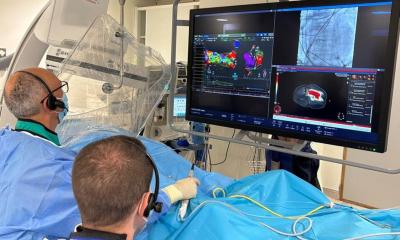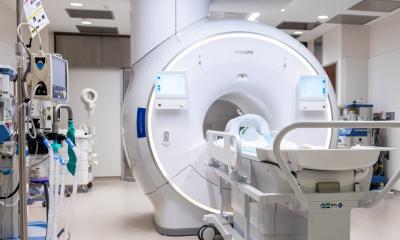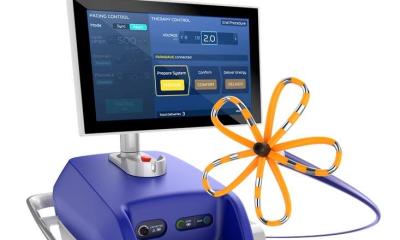Device helps heal the meniscus
Faced with meniscus injuries surgeons usually decide to remove the torn meniscal cartilage, which typically leaves the deficient knee vulnerable to future arthritis, because the padding that provides shock absorption and joint stability has been removed, causing bone to rub on bone.
A new knee-surgery device to help repair ‘irreparable’ meniscus tears has been approved by the FDA for use in humans. The BioDuct Meniscal Fixation Device was developed by Herb Schwartz, president and CEO of Schwartz Biomedical, LLC, and James Cook, MU professor of veterinary medicine and surgery and William C. Allen, Endowed Scholar for Orthopaedic Research in University of Missouri-Columbias’ College of Veterinary Medicine, which they believe can save the meniscus as well as long-term knee function.
The device transports blood and cells from the vascularised knee area to the avascular area of the meniscus, to enable healing.
The research team performed the BioDuct surgery on 25 canines – complete or partial repair of the meniscus was observed in all cases that received the BioDuct Meniscal Fixation Device.
Herb Shwartz pointed out that this new device could have a considerable impact on orthopaedics because with fewer meniscal tear patients developing arthritis there could be fewer total joint replacements, or a delay in the need for one.
The study results have been published in the American Journal of Sports Medicine.
14.11.2007









